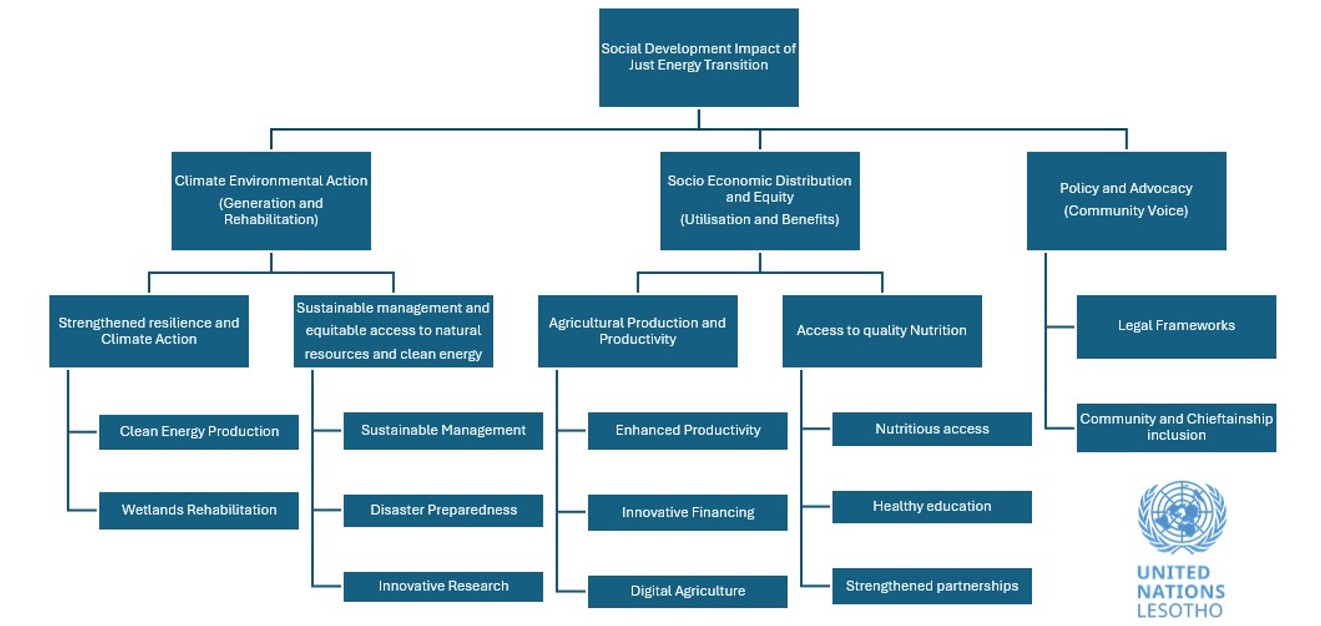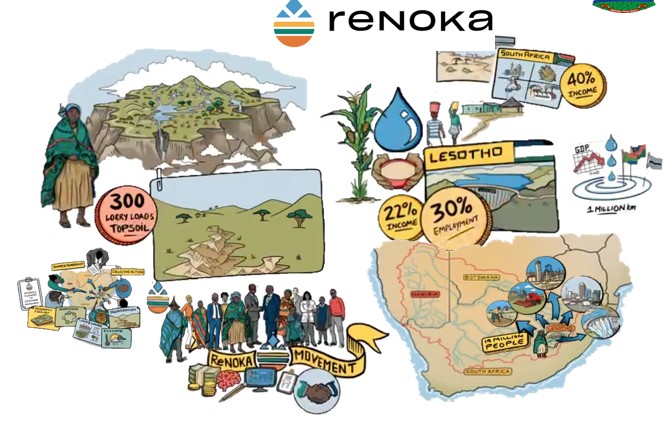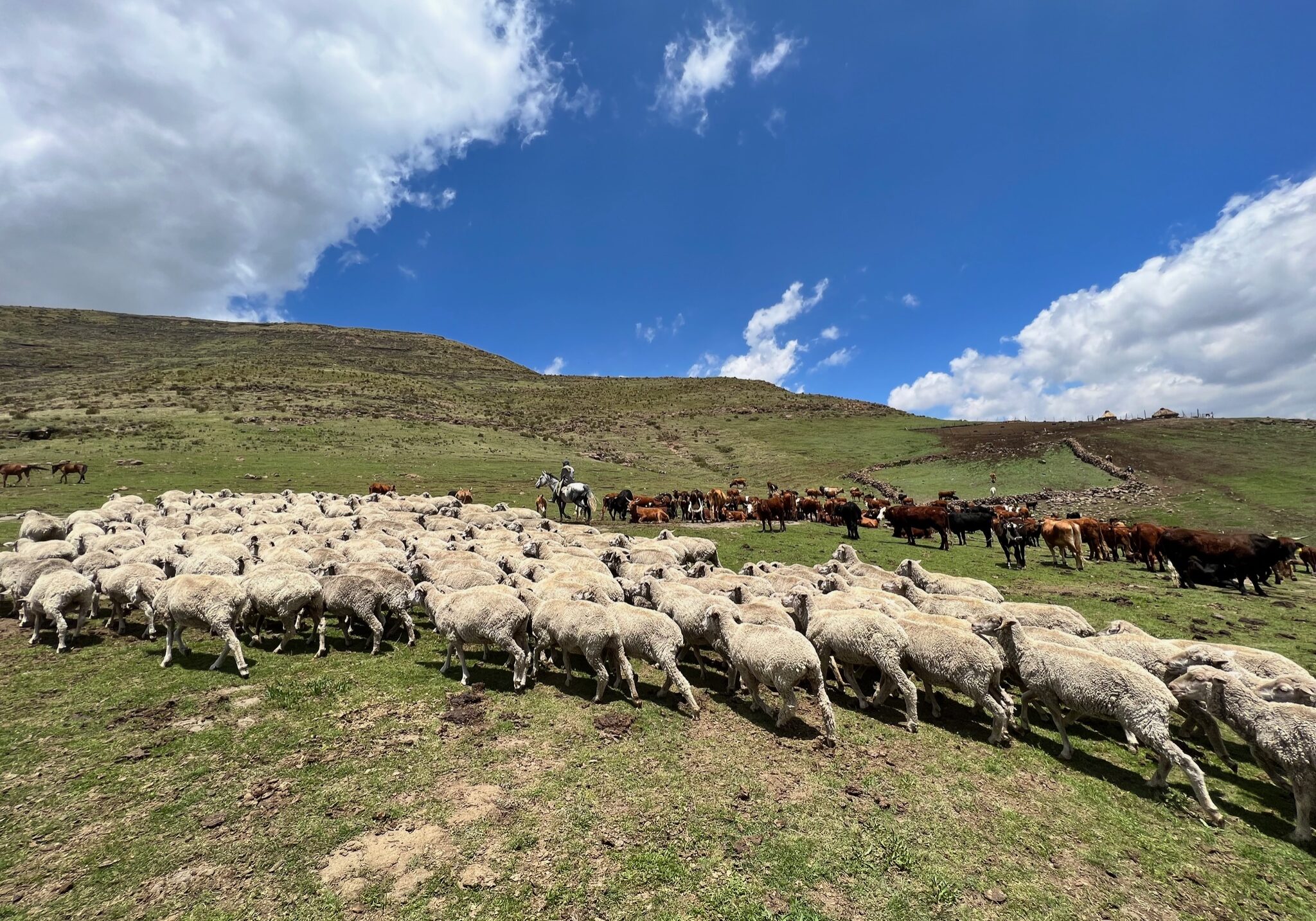Social Objectives of the HMKLIII Fund

The Climate Change threats of damage to
Lesotho’s dams is a regional issue
Like the water itself, the Renoka imperative starts in Lesotho but impacts on all countries in the Orange Senqu Basin and the people who depend on this water. The initiative seeks to protect the country’s complex ecosystem services and economically vital natural resources through the planning and implementation of an integrated catchment management plan.

The Orange-Senqu River Basin is a vast and complex river system, which originates in the mountains of Lesotho and flows through South Africa, Namibia, and Botswana and spans nearly 1 million square kilometers.
The livelihoods of 19 million people depend on it. It is being threatened by silting up caused by overgrazing in the Maluti catchments and the destruction by livestock of the wetlands. These serve as the sponges for the Lesotho dam complex, retaining water during the wet season and releasing it to the dams in the dry season.
The Renoka programme is directed to protecting the Lesotho’s wetlands, rangelands and dams while creating employment and a carbon economy
The HMKLIII Fund will drive Lesotho’s Nationally Determined Contribution
Lesotho’s unconditional and conditional targets are a reduction of GHG emission by 2030 compared to BAU by 10% and 35%, respectively.
The NDC identifies the main opportunities for mitigation are: energy efficiency and demand management, increasing investment in a renewable energy programme for the electricity, building construction, and waste sectors.


Lesotho’s Paris Agreement Targets are way behind schedule. The HMKLIII Fund will resolve this..
- Improve energy efficiency by 20%
- Increase electricity coverage/access to 80% by 2030
- Increase renewable energy sources by 200MW
- Distribute efficient stoves with a penetration rate of 30% by 2030
- Reduce the use of wood to 10% of fuels used for heating by 2030
- Replace fuel-wood with LPG at a rate of 10% per annum from 2020 to 2030
- Potential waste mitigation measures include Introducing targets for waste reduction (% of waste sent to landfill), and recycling; and
- Reducing traditional use of firewood in households with sufficient livestock, by installing biogas digesters to generate cooking gas.
Carbon Mitigation Strategies to Conservethe Maluti Mountain Wetlands and Rangelands as well as Lesotho’s dams

Our sponsors & partners






